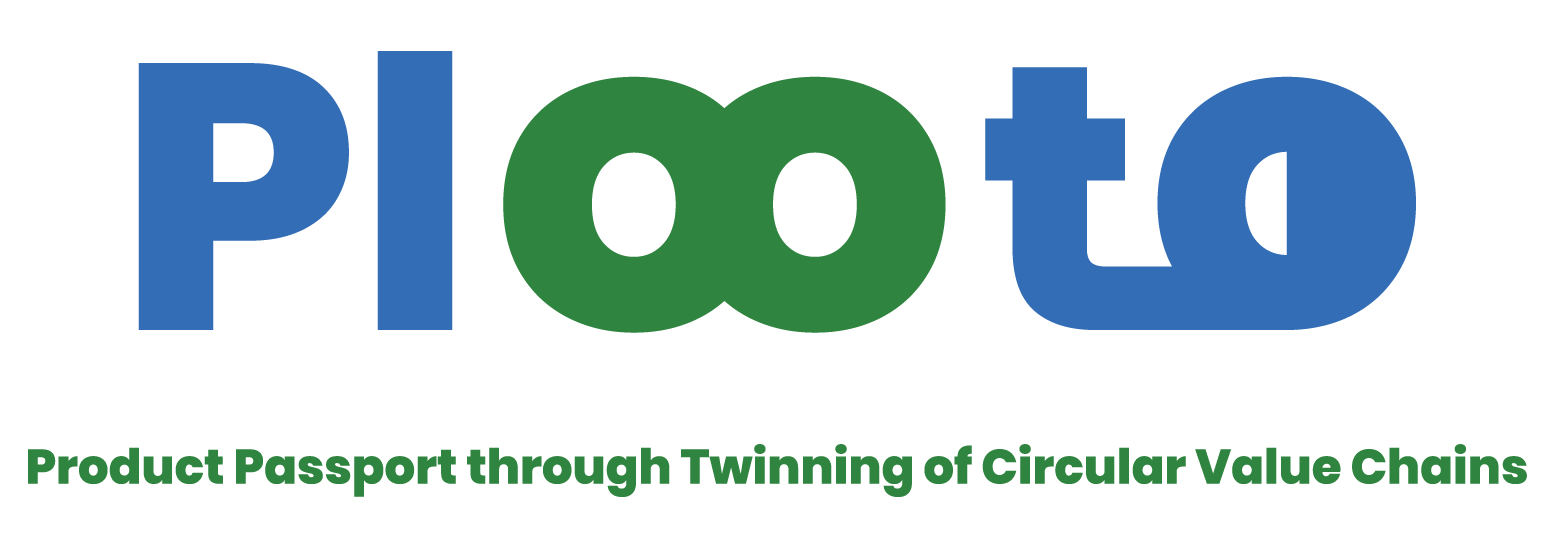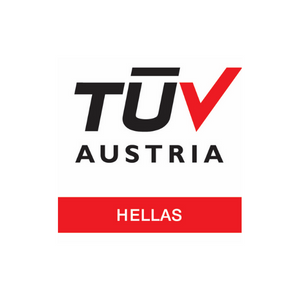The ever-increasing demand for rare resources and critical raw materials (CRM) requires effective resource use—reuse and recycling of materials—and responsible waste management and prevention. The circular economy model creates a cycle where products and resources can be reused and recycled to maximize resource productivity, reduce waste, and convert products into raw materials (RMs) that enter other industrial processes, thus reducing the depletion of natural resources and the overall environmental impacts on climate change. Within this scope, ‘’Plooto’’ aims to provide a Circular and Resilient Information System (CRIS) to support manufacturers in their green, digital, and circular transition. CRIS enables the reduction of waste and end-to-end traceability of Secondary Raw Materials (SRM) through interconnected digital services for real-time decision-making, monitoring, and certification of materials and products.
The project will develop three pilot cases of industrial production, tracking production flows, identifying opportunities for recycling and reusing raw materials, and optimizing production processes to achieve circular linkages and consequently reduce the environmental impacts of industries.
Plooto provides:
- A transformation framework based on traceability strategies for materials/products per business case, with reference processes for SRM use from waste deposition to new products and governance models for circular value chains.
- ICT tools for modeling products, production processes, and supply chains, as an aggregation of individual components of Digital Twins with cognitive capabilities (cognitive Digital Twins – CDTs).
- Data feeding into RM recovery and waste data spaces enabling material certification and product passport provision.
- A balanced sustainability scorecard (framework + toolkit) for assessing the impact of decision-making at the CDT level based on various KPIs.
To elaborate further on these components:
Transformation Framework: This element is critical as it lays the groundwork for converting waste into valuable resources. By establishing clear strategies for tracking and utilizing materials, businesses can ensure that every component is efficiently reused. This reduces the dependency on virgin raw materials, mitigates waste generation, and promotes sustainable practices.
ICT Tools: These tools are designed to simulate and analyze production processes, allowing companies to visualize and optimize their operations. Digital Twins, in particular, offer a virtual representation of physical assets, enabling predictive maintenance, improved production planning, and enhanced resource management.
Data Spaces: These are essential for maintaining transparency and accountability in material usage. By centralizing data on material recovery and waste, stakeholders can access reliable information for decision-making, compliance, and certification purposes.
Sustainability Scorecard: This comprehensive evaluation tool helps businesses measure the environmental, economic, and social impacts of their circular economy initiatives. By using various Key Performance Indicators (KPIs), companies can track progress, identify areas for improvement, and demonstrate their commitment to sustainability to regulators, customers, and investors.
Through these measures, Plooto aims to create a robust framework that not only enhances resource efficiency but also supports the broader goals of sustainability and environmental stewardship in the industrial sector.
The solution will be piloted in three different circular supply chains demonstrating waste reduction, reuse of scrap and production by-products, and operational improvement.
The role of TÜV AUSTRIA HELLAS is to provide expertise in process verification, conduct a series of training seminars to present the project, and finally, develop guidelines for creating a certification standard that incorporates the concept of the Circular Economy which could be established after the completion of the Program.

